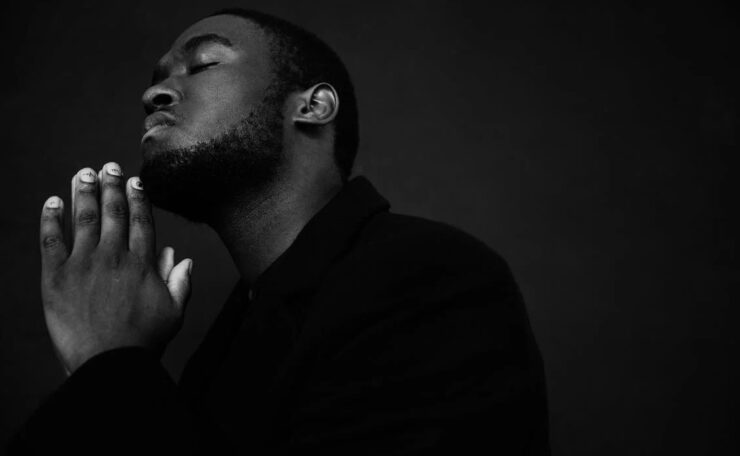When you’re standing at the crossroads of cocaine addiction, the route towards recovery can seem elusive and intimidating. From my own experience, I can tell you that it’s a unique journey filled with challenges and victories. One crucial factor that can make a difference is choosing an alternative treatment approach that resonates with you.
The first and perhaps most empowering step in the recovery process is acknowledging the need for change. This recognition paves the way for exploring various treatment alternatives that can guide you or your loved one on the path to recovery. Here, it’s important to remember that there isn’t a one-size-fits-all approach. You’ll need to find the method that best aligns with your needs and life circumstances.
One such alternative is holistic therapy, which aims to treat the individual as a whole – mind, body, and spirit. It can include various techniques like yoga, mindfulness, art therapy, and even animal-assisted therapy. The goal is to not only address the addiction but also promote overall wellness, giving you a broader perspective on health and recovery.
Cognitive Behavioural Therapy
Cognitive Behavioural Therapy (CBT) is another valuable method, focusing on modifying detrimental thought patterns that may be contributing to the addiction. In CBT, you learn to identify and challenge these patterns, enabling you to develop healthier coping mechanisms. This approach can be particularly effective if you’re grappling with the psychological aspects of addiction.
In South Africa, where cultural and community bonds are deeply rooted, community reinforcement approach (CRA) can resonate particularly well. This therapy involves your community to reinforce positive behaviours and promote a cocaine-free lifestyle. Remember, you don’t have to walk this journey alone; your community is there to support and uplift you.
Contingency Managemen
Finally, Contingency Management (CM) has also shown effectiveness in treating cocaine addiction. In this approach, you receive tangible rewards for maintaining sobriety, reinforcing positive behaviour and promoting lasting change.
These are just a few examples of the various alternative treatments available. It’s essential to remember that every person’s journey is unique, and what works for one person may not work for another.

Finding the right treatment approach can take time, patience, and professional guidance.
- Mindfulness Apps: Apps such as Headspace or Calm can help you practice mindfulness, a key component of holistic therapy. Regular mindfulness practice can enhance your self-awareness, helping you better understand your triggers and cravings.
- Online CBT Resources: Websites like MoodGYM offer free cognitive behavioural therapy resources. These tools can help you learn to identify and change harmful thought patterns that might be contributing to your addiction.
- Support Groups: Local or online support groups, such as Narcotics Anonymous, provide a community of individuals who understand your journey. Engaging in these communities can strengthen your recovery process, reinforcing the benefits of the community reinforcement approach.
- Reward System: Create a personal reward system as part of contingency management. For each milestone you reach in your recovery, treat yourself to something you enjoy. This could be anything from a favourite meal, a book, a day trip, or even just some quiet time to yourself.
- Art or Music Therapy Resources: Engage with art or music as a form of therapy. This could involve creating your own art or music, or even just immersing yourself in the works of others. Several online platforms offer free resources and tutorials to help you get started with these creative outlets.
Alternative treatment approaches to cocaine addiction offer a diverse and holistic perspective on recovery, and these methods can play a crucial role in your journey towards freedom from substance dependence.
At its core, addiction isn’t simply a craving for a substance, but rather a symptom of underlying distress or discomfort. This perspective aligns with the principles of alternative treatments, which don’t just target the symptoms but seek to address the root causes.
South Africa, with its rich cultural diversity and strong community bonds, is a fertile ground for the implementation of these alternative approaches. For example, the community reinforcement approach leverages the power of community and social support, a facet that is deeply ingrained in the South African culture.
Similarly, mindfulness and holistic therapies align with the African philosophy of Ubuntu, which emphasizes a balanced life and interconnectedness. These therapies focus on your overall well-being, addressing not just the physical but also the mental, emotional, and spiritual aspects of your health.
The journey to recovery isn’t just about letting go of the substance; it’s about rediscovering yourself, your interests, and your strengths. Alternative therapies such as art or music therapy can give you a creative outlet to express yourself, explore new talents, and build self-confidence.
Remember that each person’s journey is unique, and it’s vital to find the approach that best suits your needs and circumstances. Professional guidance can play an invaluable role in this process, helping you navigate the path to recovery.
To echo the words of Maya Angelou, “You may not control all the events that happen to you, but you can decide not to be reduced by them.” Embrace the challenges, seek support, and keep faith in your capacity to overcome. The path to recovery might be strenuous, but every step you take is a testament to your strength and resilience.
Seeking professional help is invaluable. Addiction specialists can help you navigate the complex landscape of recovery and guide you towards the most suitable treatment options. Whether you’re seeking help for yourself or a loved one, remember that recovery is not just possible; it’s a testament to your strength and resilience. As Brené Brown, a well-known researcher and storyteller, says, “Vulnerability is not winning or losing; it’s having the courage to show up and be seen when we have no control over the outcome.”





